Hello and welcome to the March 2024 edition of the Zero Waste LCR Food for Thought blog.
This monthly round-up of food-related dates features tips, recipes and facts which aim to help Liverpool City Region residents cut down on food waste to protect our planet for future generations…
Food Waste in Liverpool City Region
According to the Waste Composition Analysis 2021/22 – Kerbside report produced by Merseyside Recycling & Waste Authority, food waste across the six districts of Liverpool City Region (Halton, Knowsley, Liverpool, Sefton, St Helens and Wirral) makes up an average of 31.6% of all the kerbside collected residual waste collected, which equates to an estimated 134,107 tonnes per annum. Furthermore, it is estimated that 73.2% of all the food in the kerbside collected residual waste is classified as avoidable (meaning it is disposed of packaged or in a prepared but uneaten condition).
The Good News
The good news is that there are methods that residents across the region can introduce to reduce the amount of food waste. Generating less waste is a pivotal component in reducing the effects of climate change. Beyond creating a more sustainable environment, reducing food waste saves money and provides plenty of chances to get creative in the kitchen – even for those who wouldn’t usually dream of cooking.
So, without further ado, dig in and enjoy!
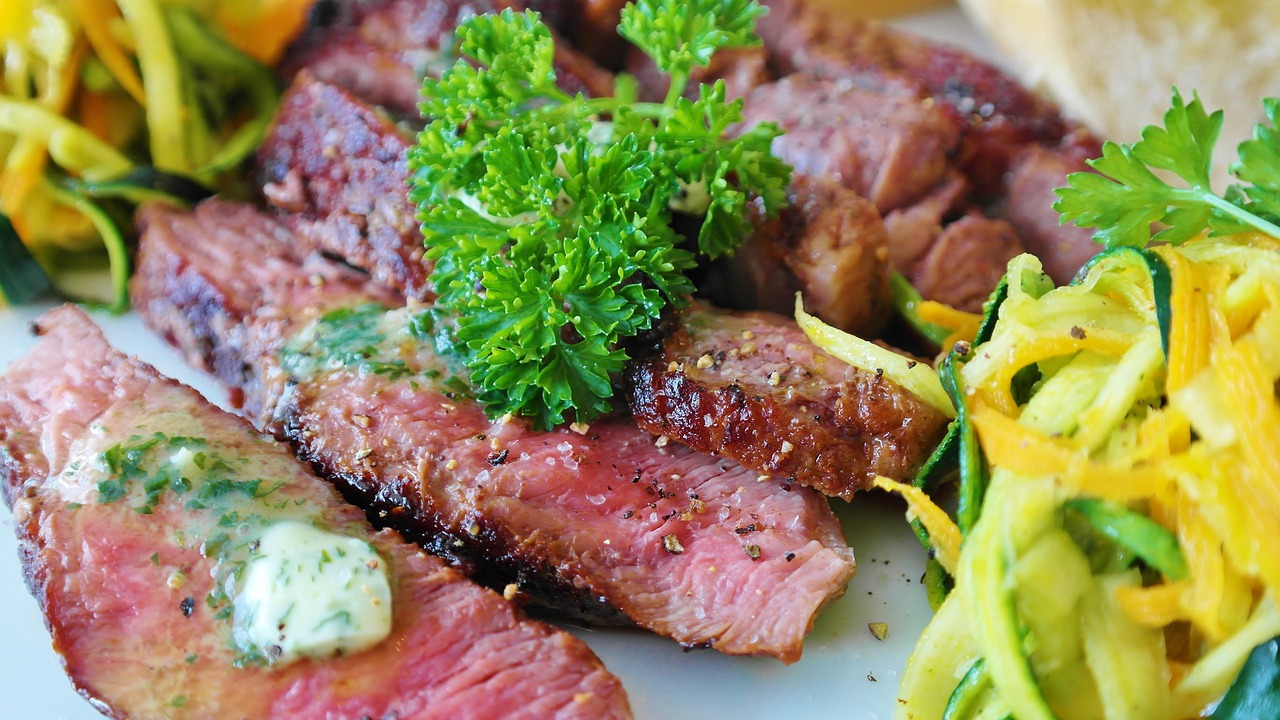
National Butchers’ Week (4 – 10 March)
Monday 4 – Sunday 10 March marks National Butchers’ Week – a weeklong celebration of local meat merchants.
While we’ve discussed the climate benefits of switching to a plant-based diet in previous editions of Food for Thought, we know that meat remains a popular dietary choice for many… And the good news is that shopping at your local butcher is a less carbon-intensive way for people to consume meat.
As stated on the Luxury Lifestyle Magazine website:
“Buying locally doesn’t just ensure the utmost freshness; it supports the local economy and helps you to lessen your carbon footprint, too. Much of the food we find in supermarkets has travelled a considerable distance to get there – which means not only is it several days older at best, but that it has also required various means of transport and thus increased emissions in order to get it there.”
While we know that buying meat at your local butcher is the best shopping method in terms of reducing the effects of climate change, we’re also aware that meat going to waste is sadly a common issue which also needs to be addressed.
According to WRAP, households in the UK throw away 250,000 tonnes of beef, pork and poultry products (not counting bones and fat) on an annual basis.
Thankfully, the Love Food Hate Waste website features everything from storage/freezing advice to creative recipes which help to make the most of your meat leftovers.
So, next time you go to your local butcher, buy only the amount of meat you need – or arm yourself with the knowledge needed to prevent portions of larger cuts from going in the bin!
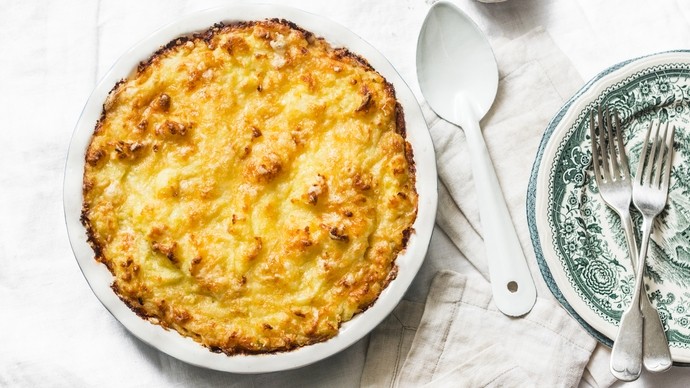
British Pie Week (4 – 10 March)
Also taking place from Monday 4 – Sunday 10 March is British Pie Week.
This week-long celebration of a much-loved UK food is a chance to rediscover old favourites, whilst also exploring new recipes.
For us, the humble pie is something which is not only worth championing for its versatility, but also for its ability to stop other food items from going to waste, as evidenced via pie recipes on the Love Food Hate Waste website…
Among the variety of pie recipes featured are Masala fish pie, cheese, spinach and ham Greek pie, chickpea & lentil shepherd’s pie to name just a few!
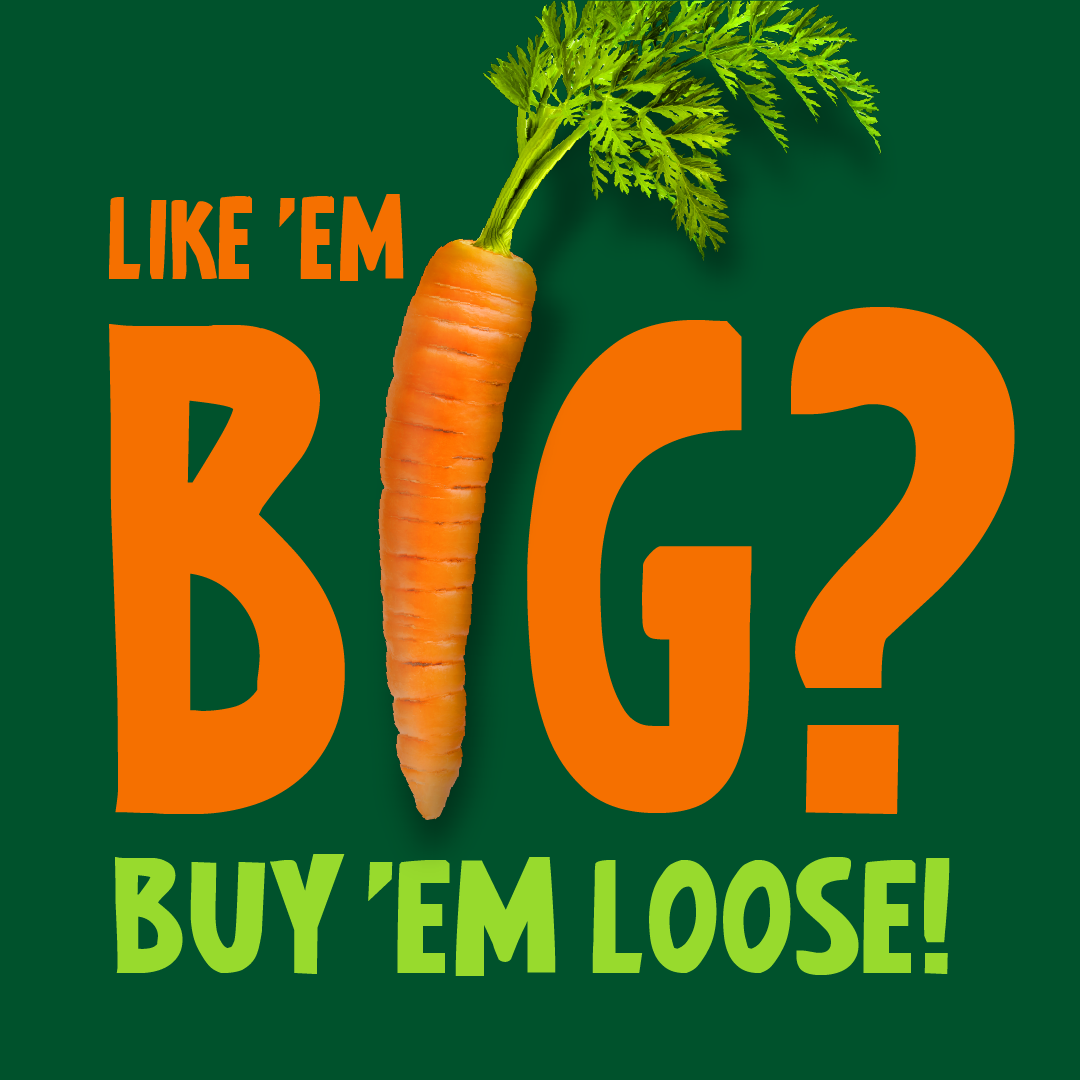
Food Waste Action Week (18 – 24 March)
Monday 18 – Sunday 24 March welcomes the return of #FoodWasteActionWeek – a national campaign delivered by WRAP and Love Food Hate Waste, which highlights the benefits of saving food from going to waste.
Chief among the advantages of tackling food waste is fighting the effects of climate change – something which is pivotal in terms of protecting, preserving and enhancing our environment for current and future generations.
Aside from saving the world, reducing food waste also saves time and money. “How?” you may ask… To answer your question, take the quick quiz featured on the Love Food Hate Waste website.
Beyond the quiz, there are other helpful resources which can help you to reduce food waste… Visit our Get Involved page, where you will be able to find out more and request free “How to Prevent Food Waste” and “Growing Food from Food” guides.
The big push of this year’s national campaign is buying loose fruit and vegetables. The main proponents of doing this are less packaging (which therefore reduces plastic pollution) and more choice (meaning you can handpick the fruits and vegetables which work for you, rather than what comes in a packet). You are also less likely to waste fruit and veg if you buy only what you need!
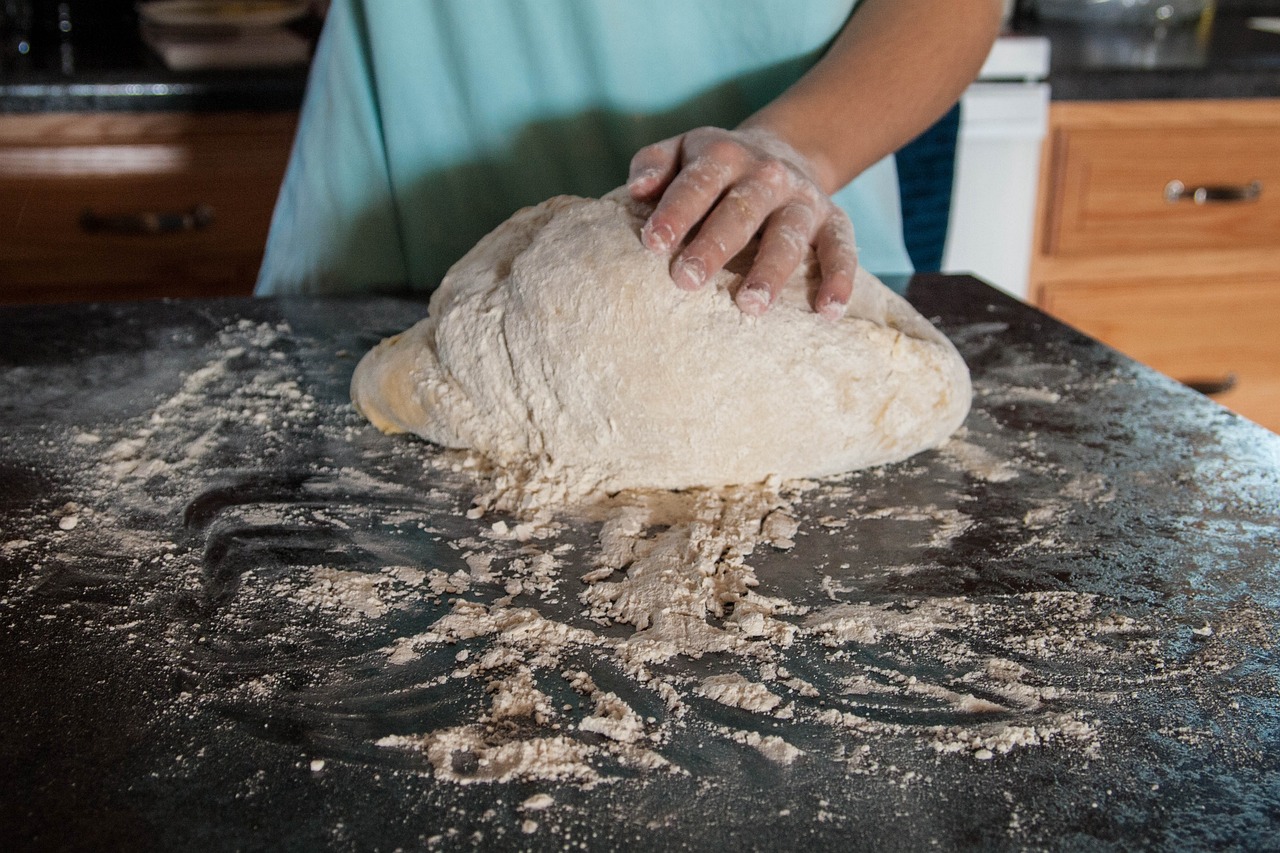
World Baking Day (19 March)
World Baking Day is back on Tuesday 19 March. The annual celebration is a chance for people to bake all kinds of favourites… From bread to brownies, cookies to cakes and pies to pasties, there are so many ways to get involved!
The burning question as far as we’re concerned is how can we apply zero waste principles to baking?
The appliances we use to bake our goods is a helpful starting point… Did you know, for instance, that baking using a slow cooker or air fryer saves time, energy and money? To us, that already smells like a recipe for success!
Furthermore, home baking brings the added advantage of less miles travelled (whilst also allowing us to know exactly what ingredients go in our baked goods and being able to keep tabs on their freshness/shelf life, which reduces waste).
To help you get started on your baking journey, we’ve rounded up some recipes and guidance from the Love Food Hate Waste website:
Bread
- Here is advice on how to store, freeze and enjoy the nutritional benefits of bread.
- Here are some recipes which help bread from going to waste.
Cake
- Here is waste-preventing chocolate Bundt cake recipe to try at home.
Pie
- As previously shared in the earlier ‘British Pie Week’ section, here is a list of pie recipes to try at home.
Pasty
- Do you often find yourself with Sunday Roast leftovers? This pasty recipe will help your food go further!
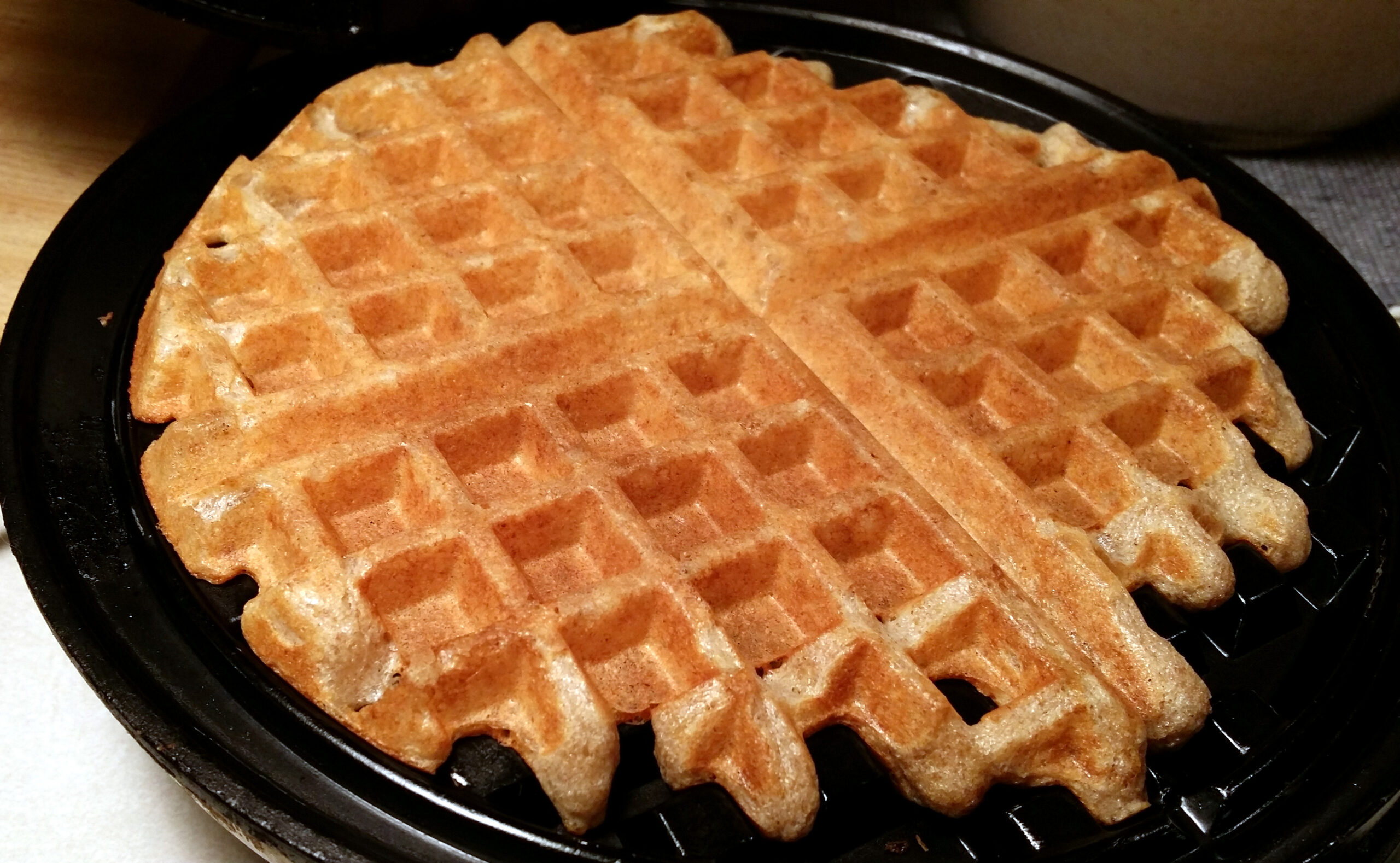
International Waffle Day (25 March)
In keeping with the theme of baking, International Waffle Day takes place on Monday 25 March… To celebrate, we are sharing this sourdough waffles recipe from the vaults of the Zero Waste Chef’s impressive food catalogue.
As well as sharing a delicious recipe, the website also gives pointers on how to start and maintain a sourdough starter, which is handy to make even more recipes beyond waffles.
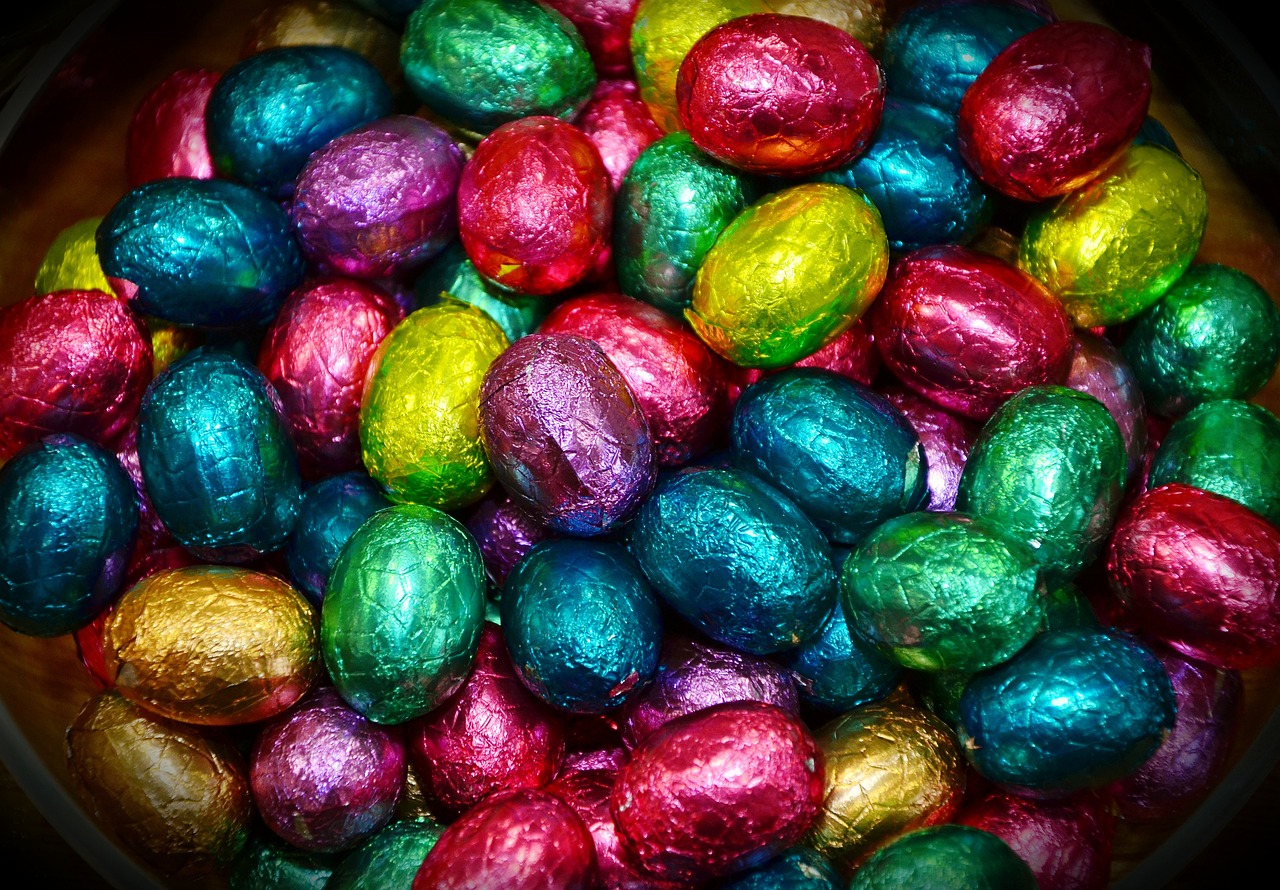
Easter Sunday (31 March)
Easter Sunday is a much-loved time of year for chocolate lovers up and down the country!
While many will have eaten their chocolate eggs by the time you could say “Easter Bunny”, there are plenty who have a pile of them which last for weeks, sometimes even months!
Luckily, there are easy yet inventive ways we can put that Easter chocolate to good use… Cornflake cakes and rice crispies cakes are firm favourites, while this chocolate fridge cake recipe from Love Food Hate Waste is another way to upcycle your Easter goodies.
If you want to go one giant step further in reducing waste this Easter, consider making your own Easter eggs at home…
Yes, this may seem like a sizeable challenge, but if more of us did this, we’d go a long way to reducing the levels of packaging which is typically used at Easter time.
According to BusinessWaste.co.uk, Easter egg packaging creates more than 8,000 tonnes of waste in the UK each year.
If you are feeling up to the challenge and want to have a go at making your own Easter eggs at home, here is a simple recipe and method from Jamie Oliver’s archives.
Aside from chocolate, there are other food items we can save from going to waste at Easter time… Whether it’s using up Sunday roast leftovers or hot cross buns, this article from Love Food Hate Waste has some inspirational tips which help!
That’s a wrap!
Thank you for taking the time to read our Food for Thought blog – we hope you’ve enjoyed it!
Please note, with the exception of MRWA-published documents, external links feature within this article are not officially endorsed by MRWA and are for reference and information purposes only.

